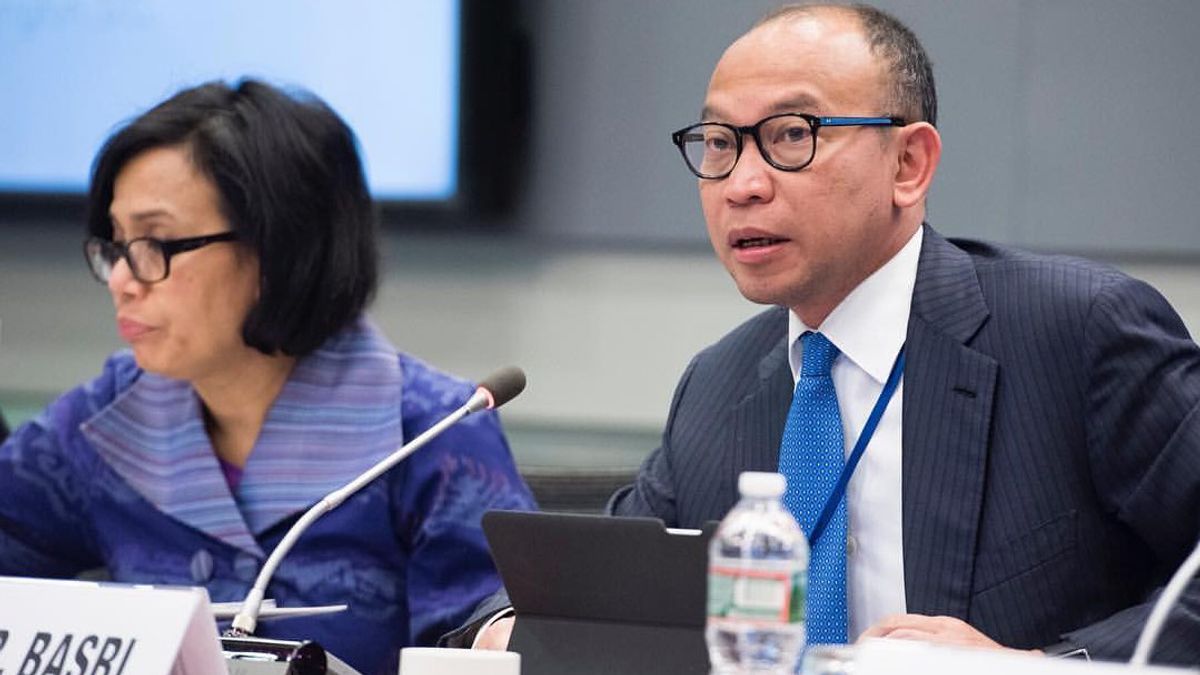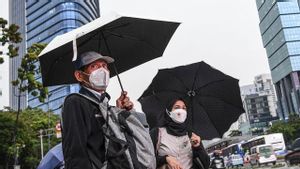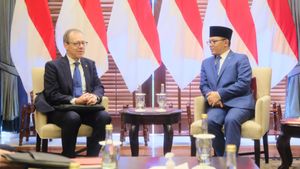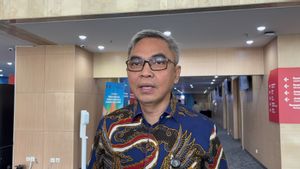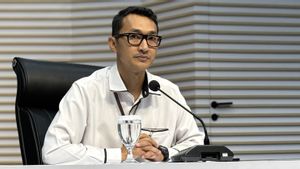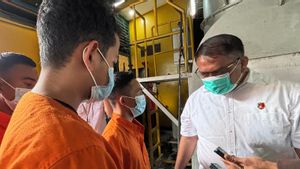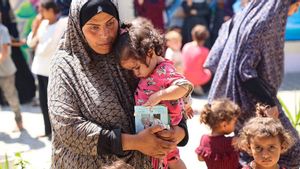JAKARTA - The corona virus pandemic or COVID-19, which is increasingly widespread both in the world and in the country, has had a negative impact on the economy. As a result of this outbreak, economic activity has stopped, especially in connection with physical contact.
This situation makes it impossible for anyone to predict the economic impact because the duration of this pandemic cannot be ascertained when it will end.
Senior Indonesian economist Chatib Basri said it was difficult to predict the economic impact of COVID-19. As long as no vaccine has been found for the deadly virus that was first discovered in Wuhan, China, no one can project the impact of this outbreak.
"Making predictions in times like this is a waste of work because there are so many variables that we cannot hold, which we cannot control," he said, in a discussion with the theme Talking Virtual Series Data entitled "The COVID-19 Crisis & New Normal. Indonesian Economy ", in Jakarta, Friday, May 8.
Meanwhile, said Chatib, if you look at the figures used by the Minister of Finance Sri Mulyani, the prediction is minus 0.4 to 2.5 percent. However, he said, no one can confirm the exact number.
"Nobody knows. That's why I say if people try to make predictions in a situation like this, an economist makes predictions, it just shows that he has a great sense of humor," he said.
The government, said Chatib, is optimistic that the spread of the pandemic will gradually recover in June. But until now, the World Health Organization (WHO) alone has not been able to prove that a person who has been infected with COVID-19 cannot return to being infected.
According to him, in the absence of evidence of this optimistic opinion claim, there may be a potential for the spread of a second wave of COVID-19. This means that this problem will not be resolved until the vaccine is available.
"That means it can't be done in June. Maybe it will take a long time until the vaccine is found. The longer it happens, the less economic activity will be. Then the impact will be very severe on the economy," said the former Minister of Finance.
However, Chatib said, the longer this virus is in the country, the worse it will have an impact on the economy. Moreover, he said, the policies of large-scale social distancing and social restrictions (PSBB) also influenced him. This is what makes the crisis caused by COVID-19 different from the crisis that happened before.

Moreover, continued Chatib, not all economic activities can be done virtually. Thus, activities that require physical activity will depend on the spread of the pandemic. He gave an example that during the pandemic period, the community would reduce activities in traditional markets because it is difficult not to be close to each other in those places.
Chatib said that the most possible thing for the government to do is make a scenario from the current condition. This is because no one really knows when this pandemic will end.
Previously, the government had drawn up a tough scenario amid the COVID-19 pandemic. In this scenario, the economic growth in 2020 is estimated to only touch 2.3 percent.
The details, the first quarter grew by 4.7 percent, the second quarter by 1.1 percent, the third quarter by 1.3 percent and the fourth quarter 2020 grew 2.4 percent. Under this tough scenario, fiscal stimulus requires widening the deficit to 5.07 percent of gross domestic product (GDP).
The English, Chinese, Japanese, Arabic, and French versions are automatically generated by the AI. So there may still be inaccuracies in translating, please always see Indonesian as our main language. (system supported by DigitalSiber.id)
